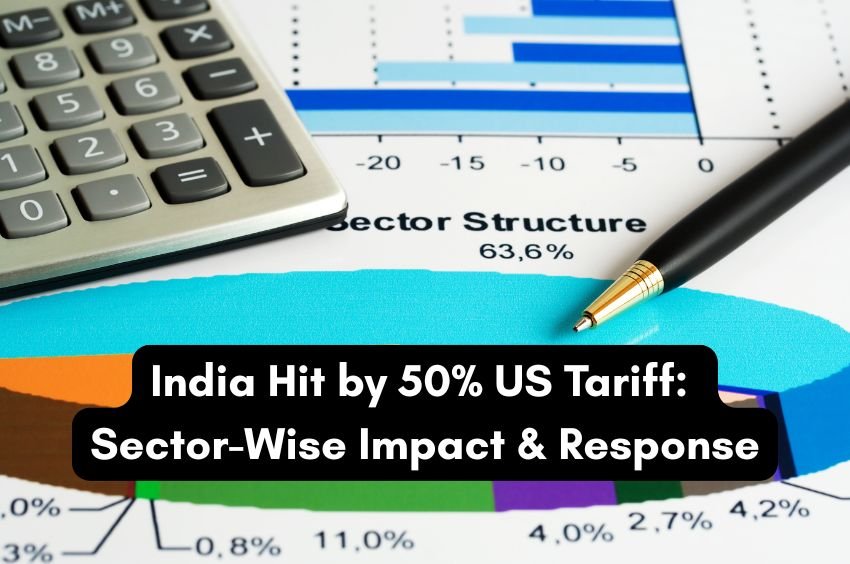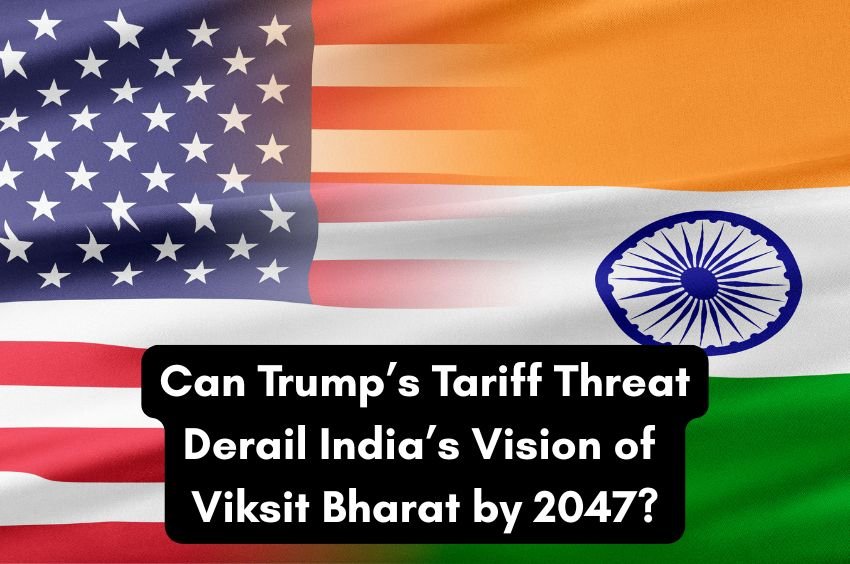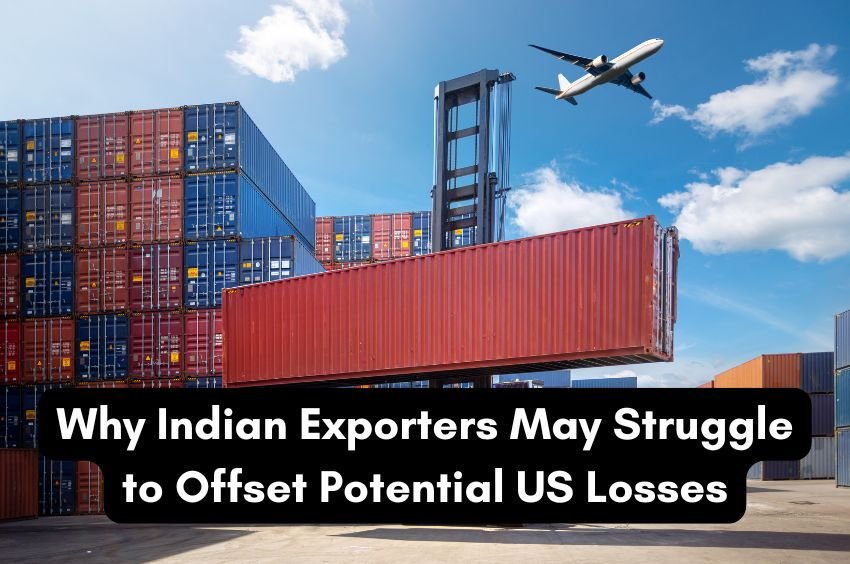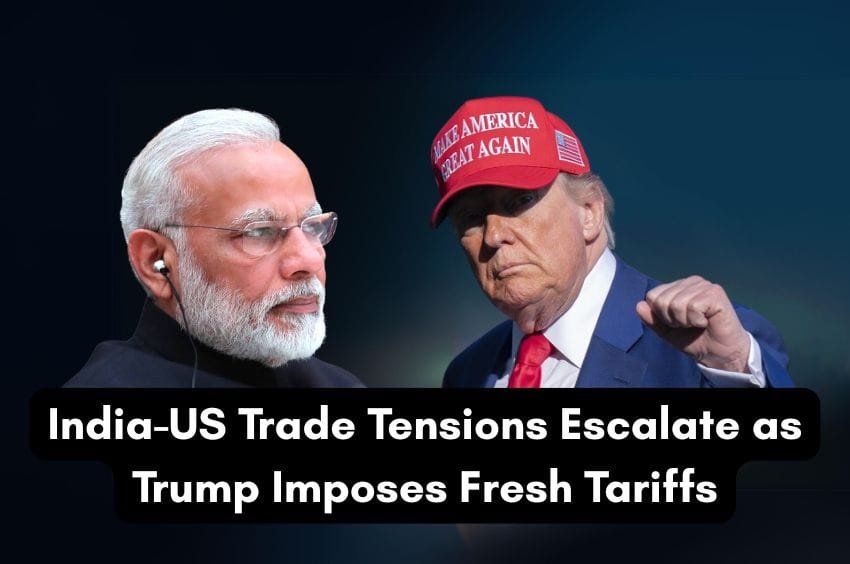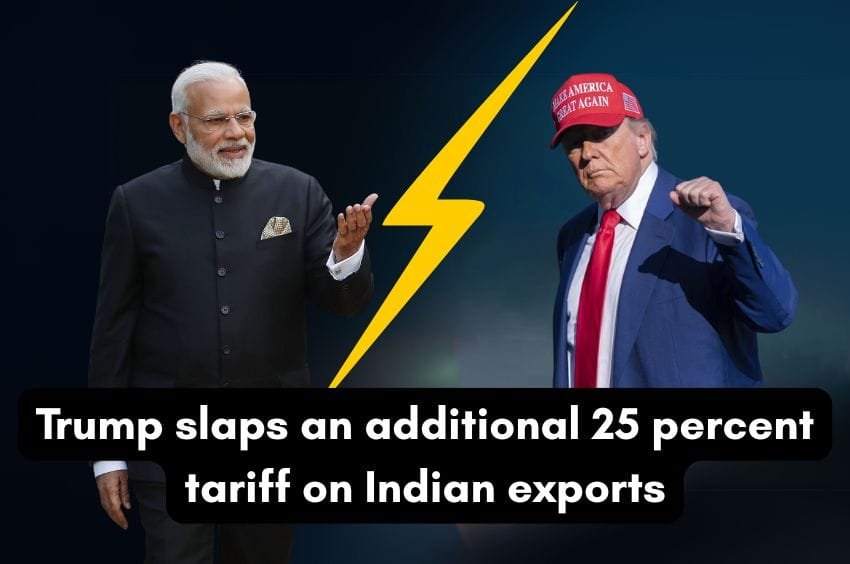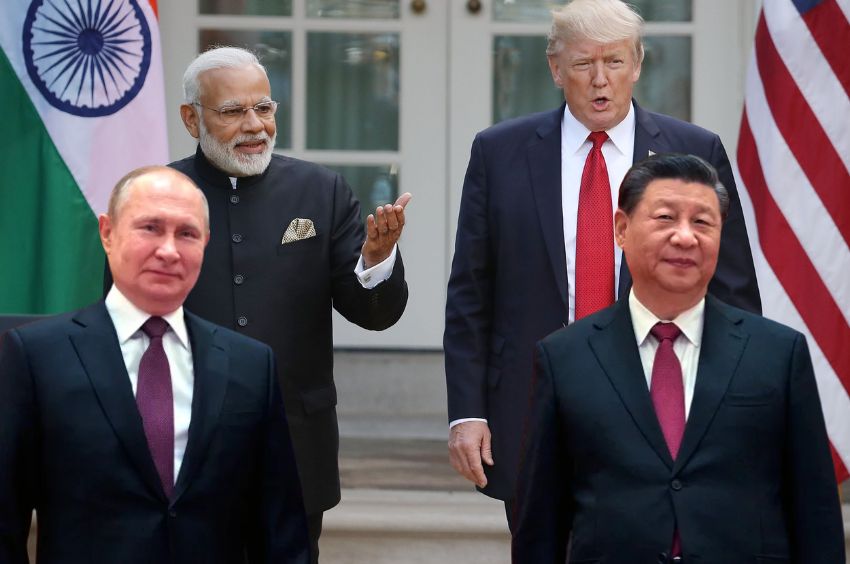Is this the beginning of a new US-India trade war, or just a strategic nudge by Trump? With the tariff rate now hiked to 50%, Indian exporters and investors are left scrambling for clarity.
What Triggered This Trade Conflict?
Within a week, US-India trade relations have gone from cautious optimism to open confrontation. Here’s how it unfolded:
| Date | Event |
|---|---|
| August 1 | US imposed 25% tariff on Indian exports |
| August 6 | Tariff hiked to 50%, effective in 21 days |
| Reason | India’s close trade and energy ties with Russia despite Western sanctions |
Trump’s failed Ukraine de-escalation attempts have redirected geopolitical frustration, and India, with its neutral stance on the Russia-Ukraine conflict, is now in the spotlight.
How Big Is the Economic Impact?
India’s trade model is largely domestic-driven, with private consumption forming nearly 60% of GDP. But here’s what the US trade tension means numerically:
Breakdown of Impact:
| Metric | Value |
|---|---|
| India’s GDP | $4 trillion |
| Exports to US | ~$90 billion |
| Exports impacted by 25% tariff | ~$8 billion |
| Exports now under 50% tariff | ~$40 billion |
Sectors Most at Risk:
- Engineering Goods
- Textiles
- Gems & Jewellery
- Marine Products
- Organic Chemicals
- Apparel
On the flip side, pharmaceuticals and electronics are currently exempt, and auto parts and petrochemicals face lower duties. These sectors (~$30 billion in exports) have a temporary cushion.
Price Disadvantage in US Markets
Tariff hikes create a cost disadvantage for Indian goods. For example:
- Textiles from India now face 50% tariff
- Bangladesh, a key competitor, faces only 20% tariff
This reduces India’s global appeal as a “China+1” manufacturing alternative – especially concerning when the US shows less trade aggression toward China. According to the Global Trade Research Initiative (GTRI): “India’s exports to the US could decline by 40-50% in FY26.” That would mean a 1% direct hit to India’s GDP.
Jobs and Rerouting? Not So Easy
The pain goes beyond exports – employment is under threat too:
- Labor-intensive sectors (apparel, seafood, chemicals) are vulnerable
- US has imposed a 40% punitive tariff on transshipped goods, discouraging re-routing via ASEAN or Middle East
India’s Response and Possible Strategies
India has officially condemned the double standards shown by the US, particularly its continued dealings with Russia. Still, India is weighing its options:
Options Under Consideration:
- Shift crude imports away from Russia
- Russian oil = ~33% of India’s crude imports
- But lower current oil prices + narrower Russian discounts = easier adjustment
- Pursue alternative export markets
- UK FTA already signed
- EU negotiations may gain urgency
- ASEAN relations improving
- Revive RIC Alliance
- Russia has hinted at reviving the Russia-India-China (RIC) platform as a counterbalance to Western pressure
Pharma’s Temporary Relief – But for How Long?
Currently, pharma exports are exempt. But Trump has hinted at a future tariff hike: “We may start with a small tariff on pharma… build it up to 150% in one year… maybe 250% eventually.” Clearly, even if the current issue is resolved, the risk of escalation remains high.
What Should Investors Do?
In the Short Term:
Stay cautious. Following the 50% tariff news:
- Nifty 50 dipped by 1% intraday
- Recovered slightly, but volatility is expected
Risky Sectors to Avoid for Now:
- Textiles
- Engineering exports
- Chemicals
- Marine products
- Auto components (if exempt status changes)
IT Sector Alert:
While not directly impacted, IT depends heavily on US demand. Any prolonged US-India tension can indirectly affect outsourcing sentiment and hiring.
Long-Term Outlook
Despite the noise, India’s macro resilience remains strong.
- High domestic consumption
- Strong forex reserves
- Political and policy stability
These give long-term investors the chance to buy good stocks at lower prices when they temporarily drop because of geopolitical turmoil.
Final Thought:
Trump’s tariff tantrums may be more about bargaining than punishment. Whether India bends or holds firm will define the next chapter – but for now, investors and exporters must brace for uncertainty.
